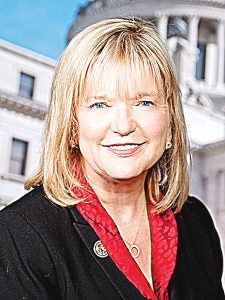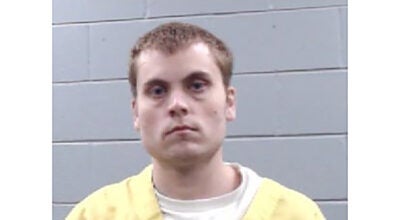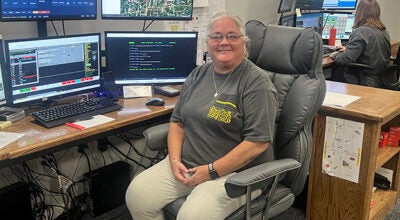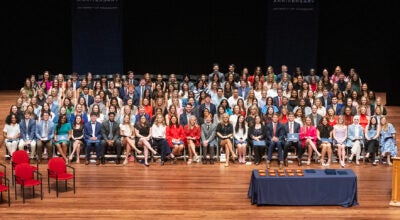Currie: We have a big problem
Published 10:30 pm Friday, May 12, 2017
Rep. Becky Currie spent the weeks after the legislative session ended looking around the state for “pots of money to see if there was extra money in them” to fund infrastructure improvements throughout the state.
Currie, R-Brookhaven, is on a special committee taxed with finding funding solutions to fulfill the Mississippi Department of Transportation’s request for the $300 million it said it needs over its $1 billion budget.
The committee created a “Top 10” of sorts, which House Speaker Philip Gunn whittled down to a seven-point plan. He shared that with Lt. Gov. Tate Reeves and Gov. Phil Bryant. “So far we have not heard back,” she said. “We have a big problem fixing to happen.”
Typically, the legislature puts $20 million in the MDOT pot for infrastructure improvements. If things aren’t settled soon, they won’t be able to even do that. “We’re really walking a thin line of getting anything done,” she said. “We’ve got to do something and we’re not even doing what we normally do. We want to get something in it so we can get started on the roads and bridges.”
Bryant will be calling a special session for June 5 to get approvals on the budgets for the attorney general’s office and MDOT.
If the Senate and the House don’t agree to a plan for the extra MDOT funding, he won’t add it to the special call.
“The governor has said if they agree he’ll put it in special session. The governor said, ‘I’m not going up there to sit and fight for a week,’” Currie said.
She was happy with the seven points Gunn presented. “I thought the things we came up with are thinking out of the box, using money that we had,” she said.
Together, the seven points would bring a minimum of $175 million per year more for infrastructure funding.
That could double if cities and counties raised gasoline or other taxes, Currie said.
Currie had hoped Gunn would include an option that would take some of the money out of the Coast’s wind pool fund, but it got dropped from the plan.
The Local Option Fuel Tax — LOFT — was No. 1 on the list and Currie’s favorite.
With LOFT, local governments will be allowed to put to a direct referendum a local fuel tax to be collected and used by the local government for local road and bridge repair and maintenance only.
Under the proposal, cities and counties could enter into inter-local agreements and decide the tax rate, how long the tax would be levied and how the revenues would be distributed, said TJ Taylor, Gunn’s policy advisor and counsel. For example, Taylor said cities and counties could charge taxes of between 1-11 cents on gasoline and between 1-5 cents on diesel.
Currie said a fuel tax won’t ever come from the state level. “You’re not going to get a fuel tax out of the Legislature. You’re just not going to do it,” she said. “This (LOFT) allows the Board of Supervisors to decide. The money stays locally, you’re not sending it to MDOT.”
The supervisors could work with the city on it and split the money, but either way, it would go to a vote of the people whether to have it and how much it would be.
“But if people vote it down then they can’t complain about their roads,” she said.
Other ideas were:
• Take money from the Game Sinking Fund, which was set up in the 1990s as a way to repair roads and bridges in counties that have casinos and adjacent counties and generates $36 million annually.
Currie said $16 million of that is obligated to paying off bond debt. The House would propose to use $8 million of the remaining $20 million to service a $100 million revenue bond issue to be paid over 20 years. “It has more money in it than needs to be,” she said. MDOT funds that would have gone to those areas can then be used by other parts of the state, she said.
• New Road Moratorium where construction has not already begun, unless right-of-away acquisition has occurred. “We can’t keep up with the one that we have,” she said.
• MDOT’s removal from State Personnel Board, which Currie supports. MDOT needs better oversight, she said.
“If we spend $1 billion (a year) with MDOT, why are we in the shape that we’re in? Take MDOT out of the personnel board. We want to see where the money’s going,” she said.






